Plastic surgery is often misunderstood to be a specialty solely focusing on cosmetic procedures to improve appearance; however, pediatric plastic surgery also includes both the patient’s health and function. Plastic surgery can help kids with a variety of health conditions including:
- Traumatic injuries: such as lacerations, hand fractures, nasal fractures and facial fractures
- Skin conditions: such as moles, masses, keloids, scars, burn reconstruction and birthmarks
- Head shape anomalies, including plagiocephaly and craniosynostosis
- Congenital or acquired facial differences, including cleft lip and palate, ear and nose deformities, facial paralysis and facial asymmetry
- Congenital or acquired extremity conditions; this includes extra or malformed fingers, brachial plexus injuries and peripheral nerve surgery
- Adolescent breast conditions and body contouring surgery
- Wound management
For conditions such as these, pediatric plastic surgeons are best equipped to care for both the psychological and physical needs of young patients. Pediatric health care doesn’t treat kids as if they are just smaller adults. It involves innovative technology and techniques created specifically for the needs of kids. This can include pain-distraction therapy, absorbable implants and minimally invasive techniques to reduce pain, anxiety and recovery times as much as possible.
If your child needs plastic or reconstructive surgery, schedule a consultation with Children’s National or your local pediatric plastic surgery department to better understand what your child’s options are. The surgeons are there to help your family understand what to expect for various procedures, the risks involved and how they will address your family’s concerns.
The Children’s National Division of Plastic and Reconstructive Surgery has three board-certified, top-ranked experts who specialize in surgeries for kids and who continue to advance their field through innovative research. They perform everything from routine, non-invasive procedures to complex surgeries. Support services are provided from an entire health team trained in kids’ health, such as nurses, child life specialists and more.
 https://riseandshine.childrensnational.org/wp-content/uploads/2025/03/little-boy-with-rash-feature.jpg
300
400
webteam
https://riseandshine.childrensnational.org/wp-content/uploads/2017/11/childrens_riseandshine_logo.jpg
webteam2025-03-24 17:38:572025-03-25 10:11:16Winter rash: How to keep your child’s skin healthy during brittle winter months
https://riseandshine.childrensnational.org/wp-content/uploads/2025/03/little-boy-with-rash-feature.jpg
300
400
webteam
https://riseandshine.childrensnational.org/wp-content/uploads/2017/11/childrens_riseandshine_logo.jpg
webteam2025-03-24 17:38:572025-03-25 10:11:16Winter rash: How to keep your child’s skin healthy during brittle winter months



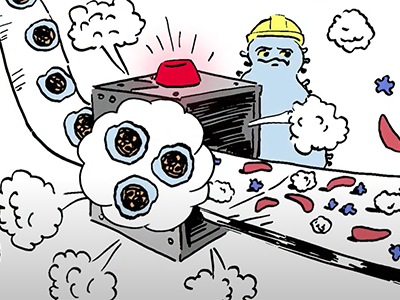
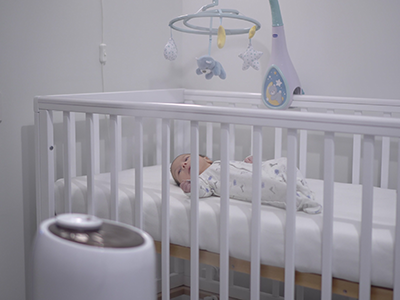
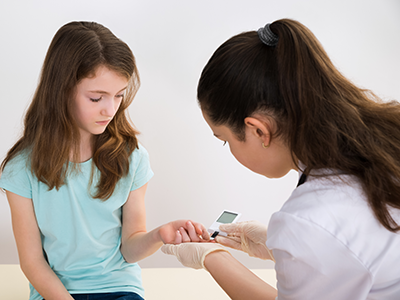







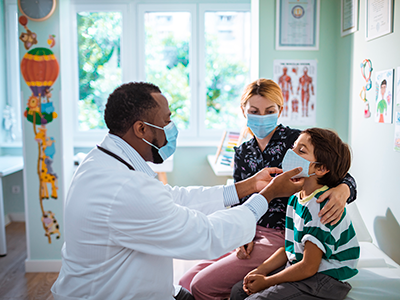
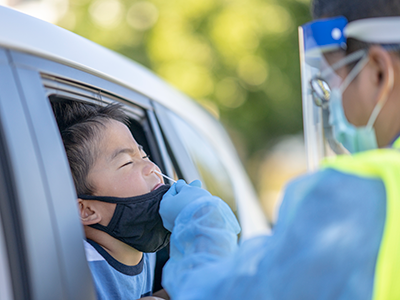


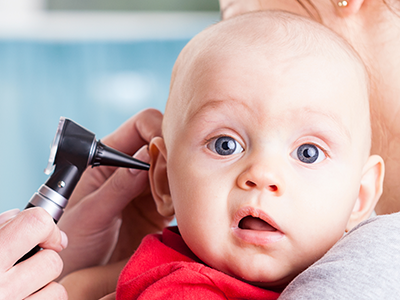



Leave a Comment
Want to join the discussion?Feel free to contribute!